The British Science Festival will take place across the city of Liverpool from the 10 – 14 September 2025, and will be hosted in partnership by the University of Liverpool and Liverpool John Moores University.

Anyone can propose an event. Artists, researchers, community activists, critical thinkers, industry partners, charities and beyond- from across disciplinary backgrounds are invited to submit proposals events, activities or installations.
 The British Science Festival celebrates science in its broadest sense. The programme showcases cutting-edge science, technology and ideas that challenge, inspire and excite audiences. Each year, thousands of people come together to celebrate the latest developments in research and to engage in open discussion about issues affecting our culture and society.
The British Science Festival celebrates science in its broadest sense. The programme showcases cutting-edge science, technology and ideas that challenge, inspire and excite audiences. Each year, thousands of people come together to celebrate the latest developments in research and to engage in open discussion about issues affecting our culture and society.
While the primary focus is on events programming, the organisers are keen on programming public installations and welcome proposals that could be hosted throughout the festival in site-specific locations like shopping centres, public buildings and town squares.
The Festival is free and open to all, but content should be tailored to an adult (16+) audience.
The target audience for the programme is:
- Non-specialist young adults (16-30 years old), particularly from groups underserved and underrepresented in science
- Those with broad interest in science but don’t actively seek to engage with it
- Those who might not self-identify as interested in science, but who are interested in cultural experiences (e.g., music, technology, films, fashion etc) or have a personal connection to a particular field of science (e.g., gardening, sports, mental health, accessibility technology, etc)
The organisers particularly welcome creative content that challenges perceptions of what science is and can be. They anticipate that the majority of events in the 2025 programme will use a range of participatory formats and take place outside traditional lecture-theatre settings. A limited number of talks and panel discussions will be programmed.
To submit a proposal for an event please complete the proposal form.
The deadline for open call applications is 23.59 on Monday 20 January 2025.
Before developing and submitting your proposal, you are encouraged to read the FAQs
If you have any questions, or if you would like to discuss your proposal, please email festival@britishscienceassociation.org.
Alternatively, should you wish to discuss your application with BU’s Public Engagement with Research team, please contact publicengagement@bournemouth.ac.uk.
 Congratulations to Bournemouth University Professor Emeritus Jonathan Parker who published a TransformingSociety blog yesterday (31 March 2025). His blog ‘Sacrificing the poor for the rich: ‘Piacular’ austerity and the need for welfare reform‘ was partly a promotion for his new book Analysing the History of British Social Welfare, which was published by Policy Press in 2024.
Congratulations to Bournemouth University Professor Emeritus Jonathan Parker who published a TransformingSociety blog yesterday (31 March 2025). His blog ‘Sacrificing the poor for the rich: ‘Piacular’ austerity and the need for welfare reform‘ was partly a promotion for his new book Analysing the History of British Social Welfare, which was published by Policy Press in 2024.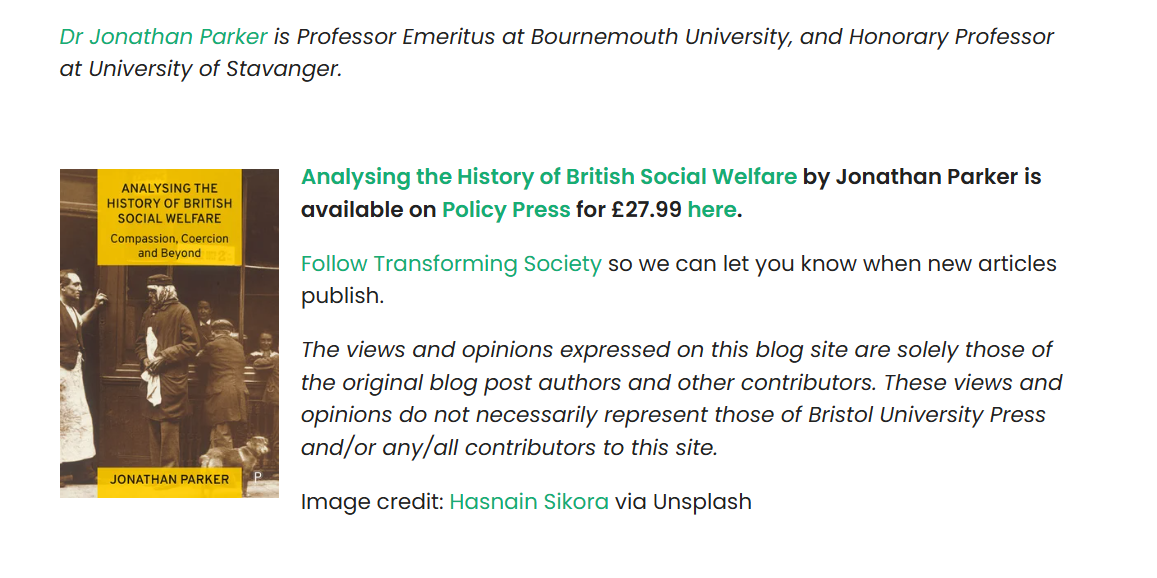
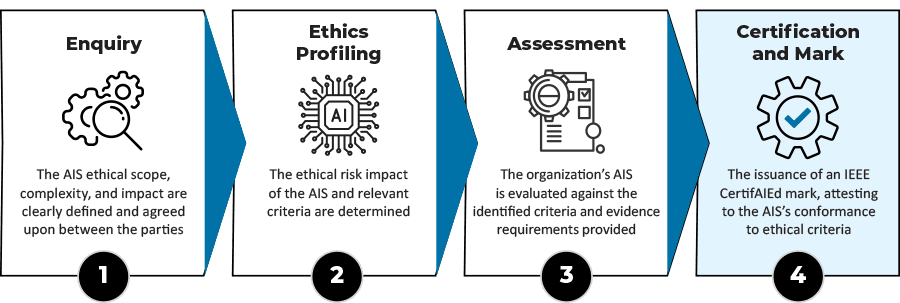

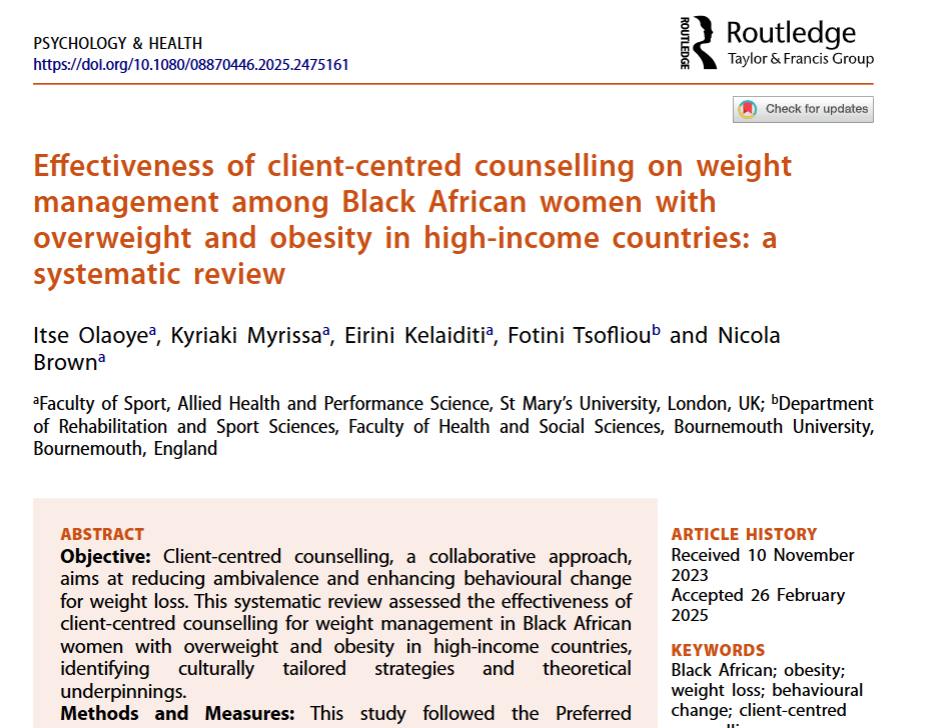




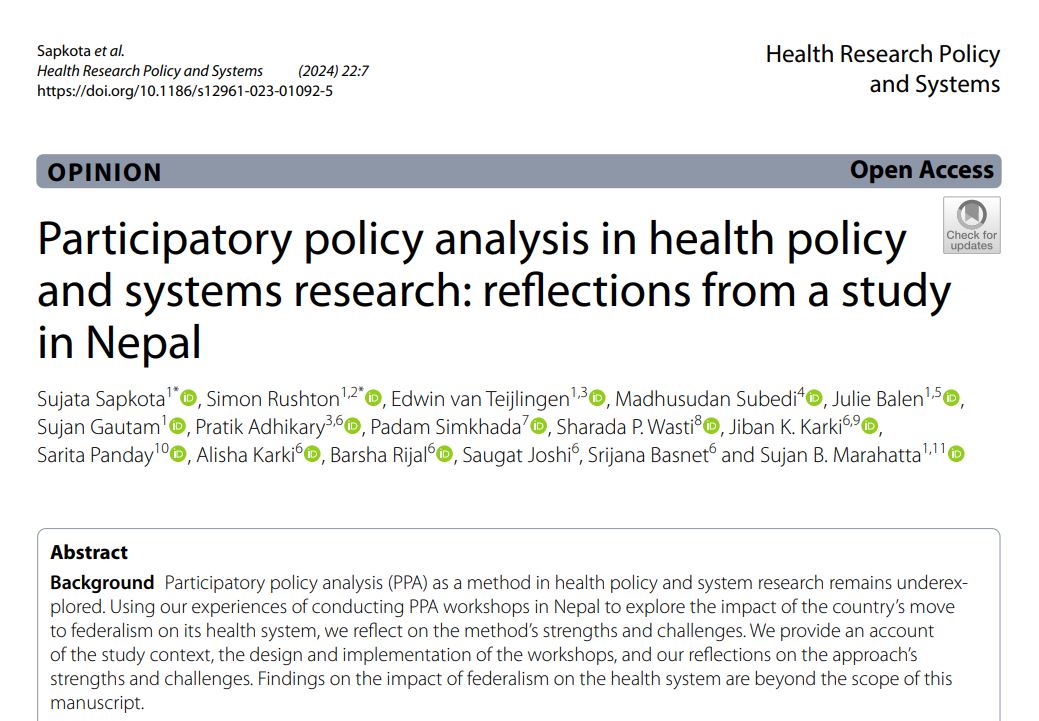
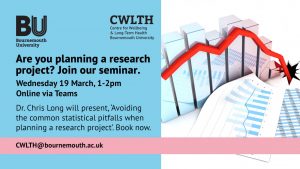
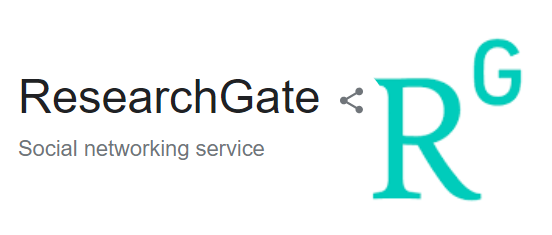


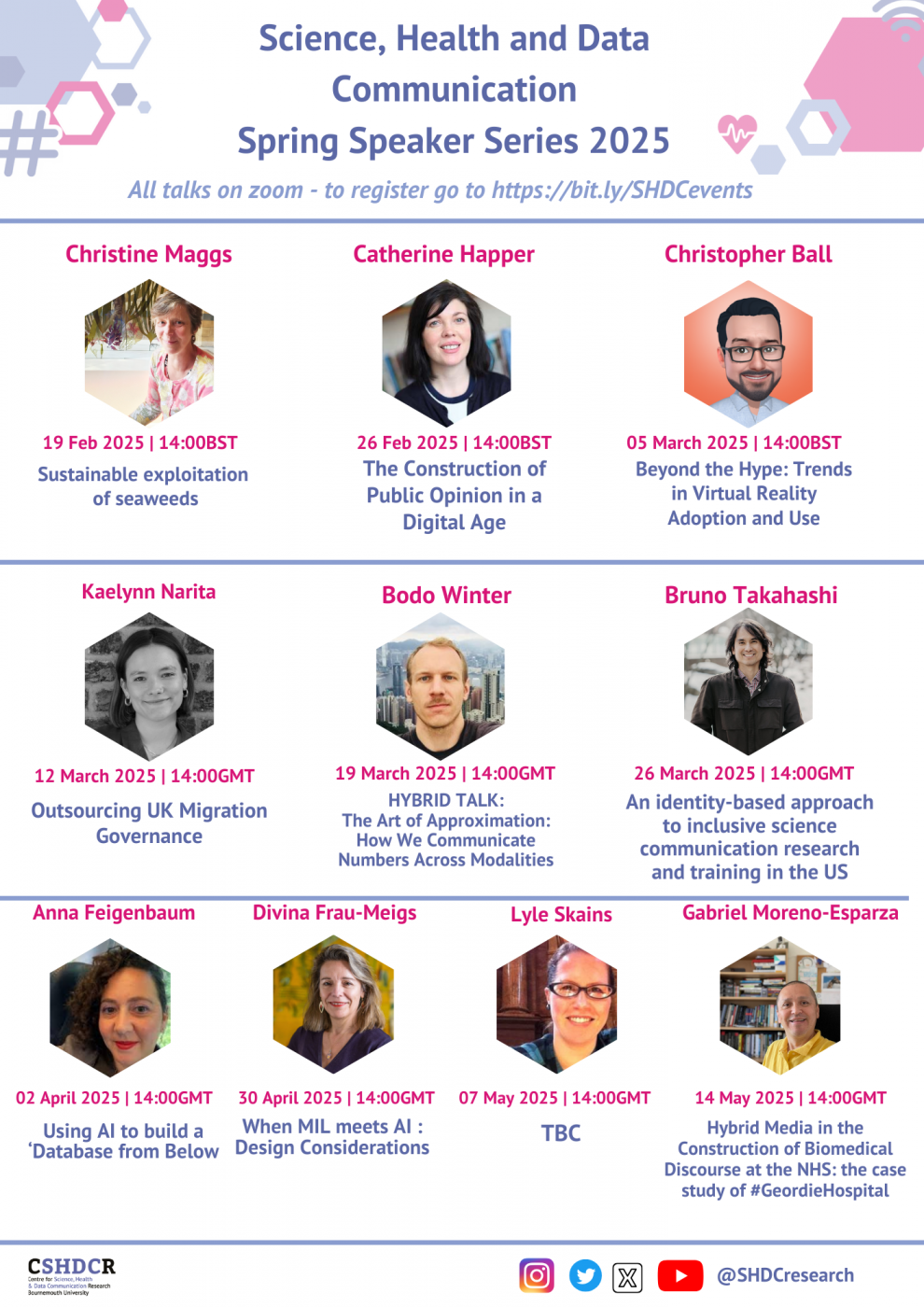

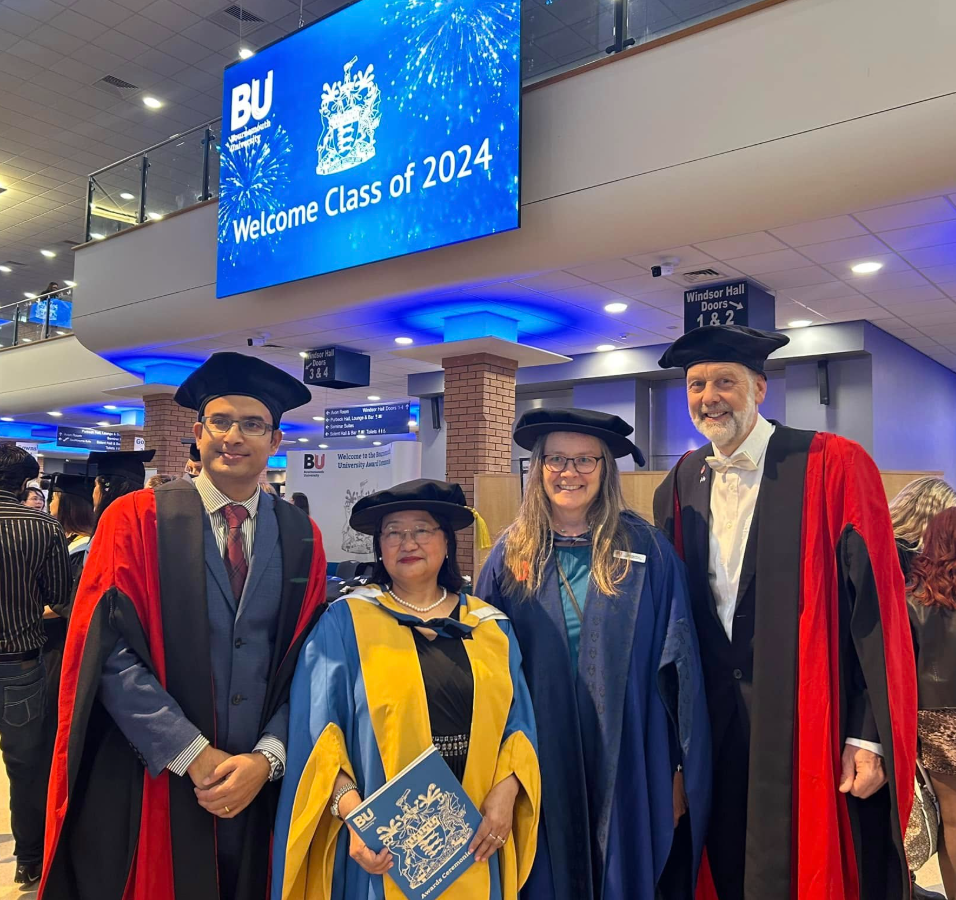

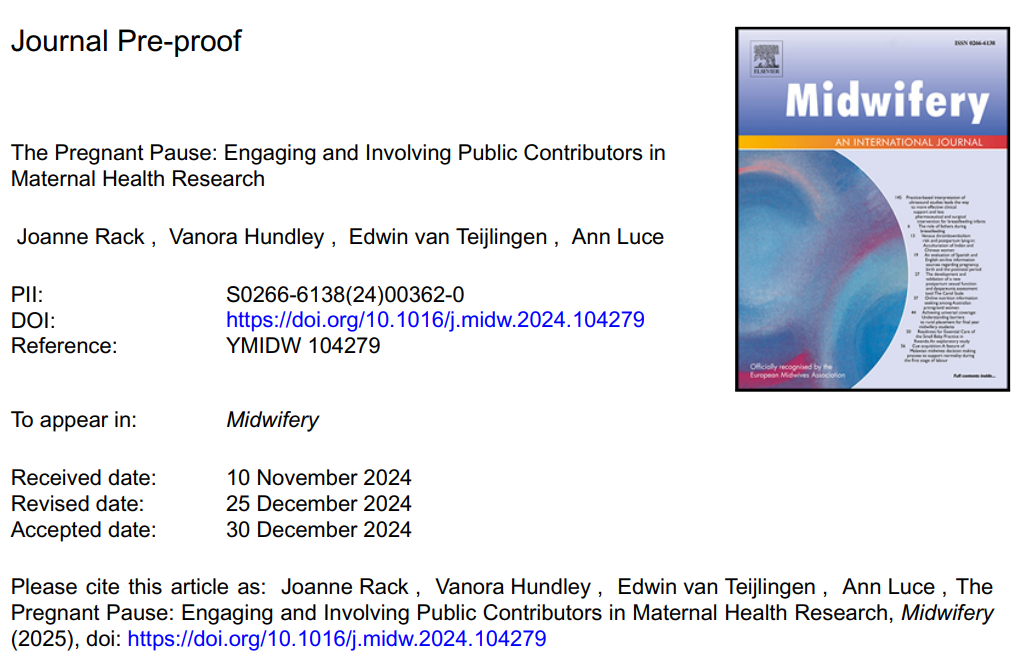

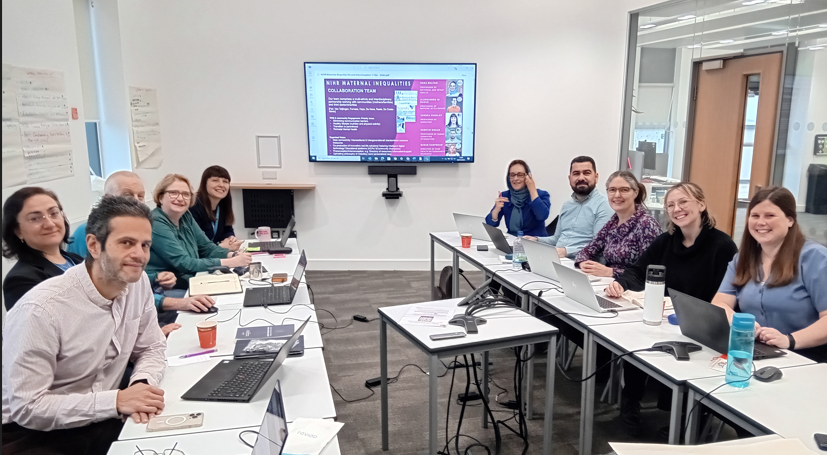


 The British Science Festival celebrates science in its broadest sense. The programme showcases cutting-edge science, technology and ideas that challenge, inspire and excite audiences. Each year, thousands of people come together to celebrate the latest developments in research and to engage in open discussion about issues affecting our culture and society.
The British Science Festival celebrates science in its broadest sense. The programme showcases cutting-edge science, technology and ideas that challenge, inspire and excite audiences. Each year, thousands of people come together to celebrate the latest developments in research and to engage in open discussion about issues affecting our culture and society.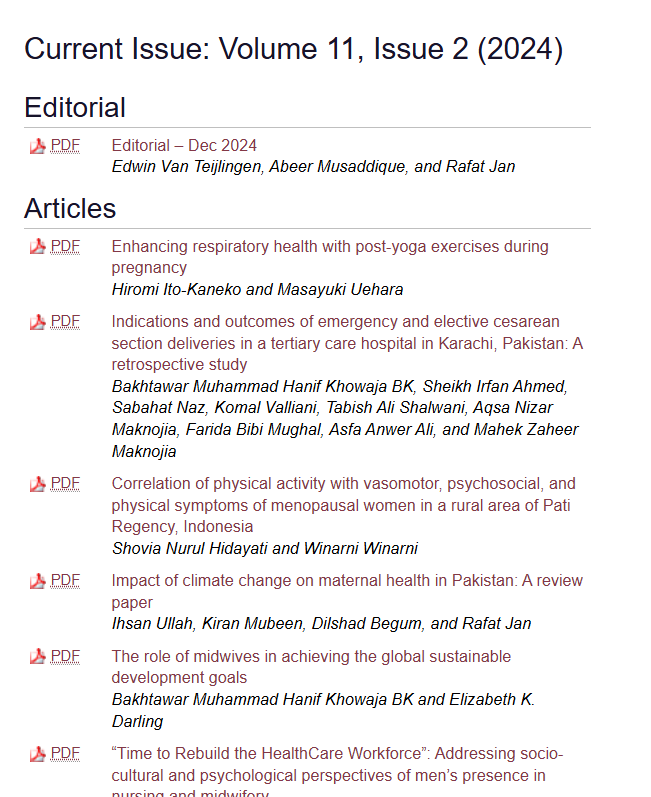
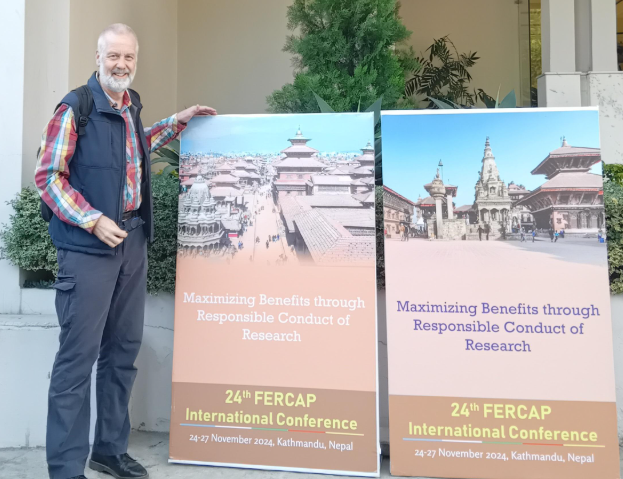
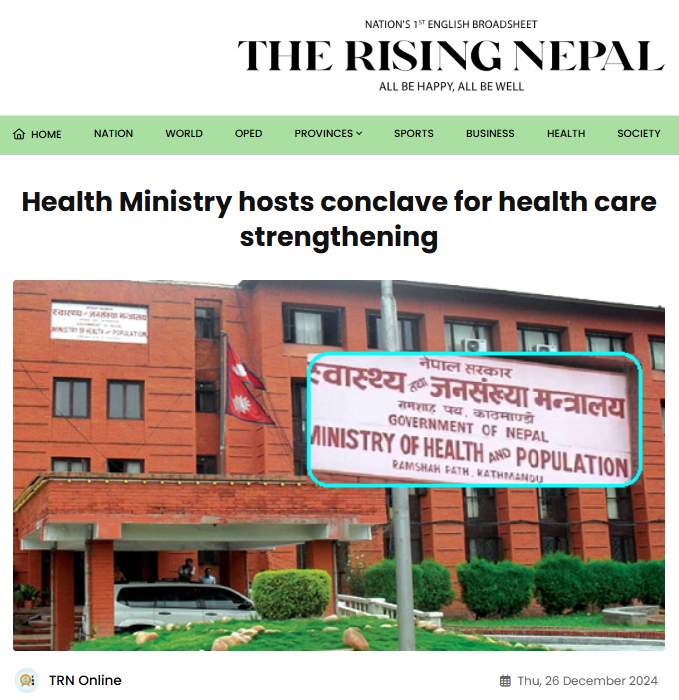
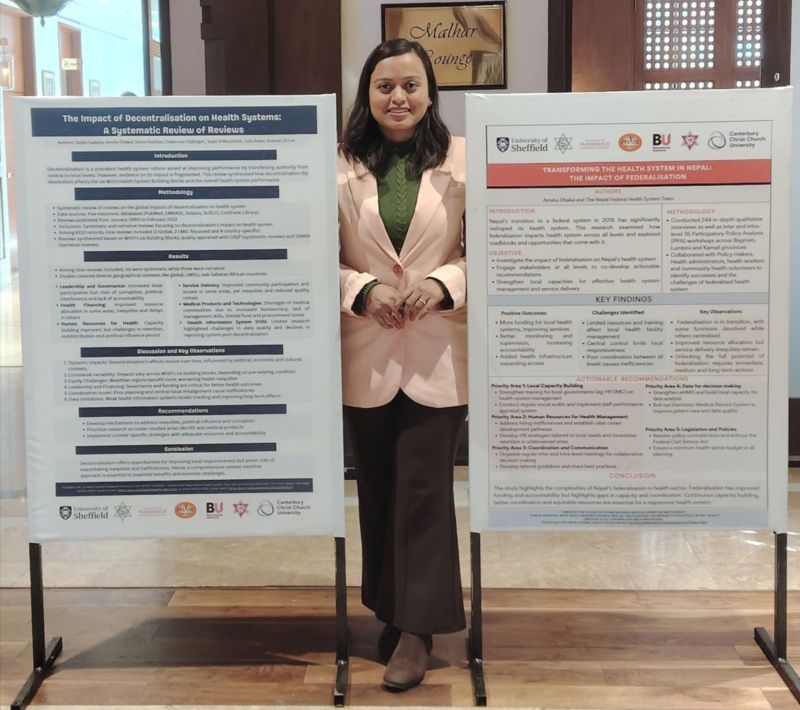
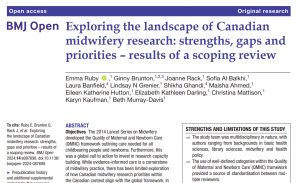
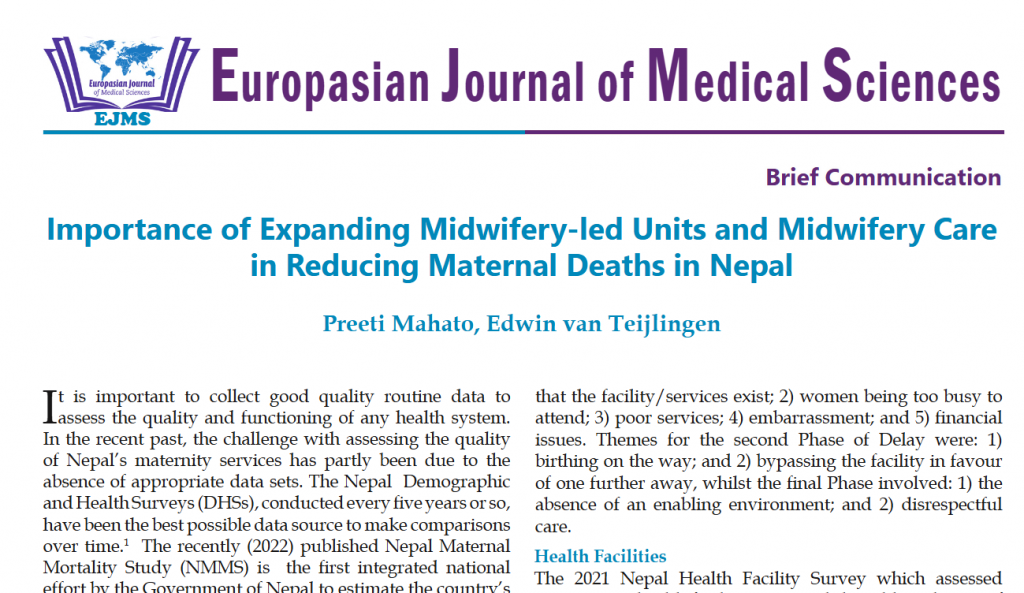











 BU attendance at third annual GCPHR meeting in June
BU attendance at third annual GCPHR meeting in June Interactive Tangible and Intangible Heritage Applications – BU student work featured in new book chapter
Interactive Tangible and Intangible Heritage Applications – BU student work featured in new book chapter Second NIHR MIHERC meeting in Bournemouth this week
Second NIHR MIHERC meeting in Bournemouth this week MSCA Postdoctoral Fellowships 2025 Call
MSCA Postdoctoral Fellowships 2025 Call ERC Advanced Grant 2025 Webinar
ERC Advanced Grant 2025 Webinar Horizon Europe Work Programme 2025 Published
Horizon Europe Work Programme 2025 Published Horizon Europe 2025 Work Programme pre-Published
Horizon Europe 2025 Work Programme pre-Published Update on UKRO services
Update on UKRO services European research project exploring use of ‘virtual twins’ to better manage metabolic associated fatty liver disease
European research project exploring use of ‘virtual twins’ to better manage metabolic associated fatty liver disease